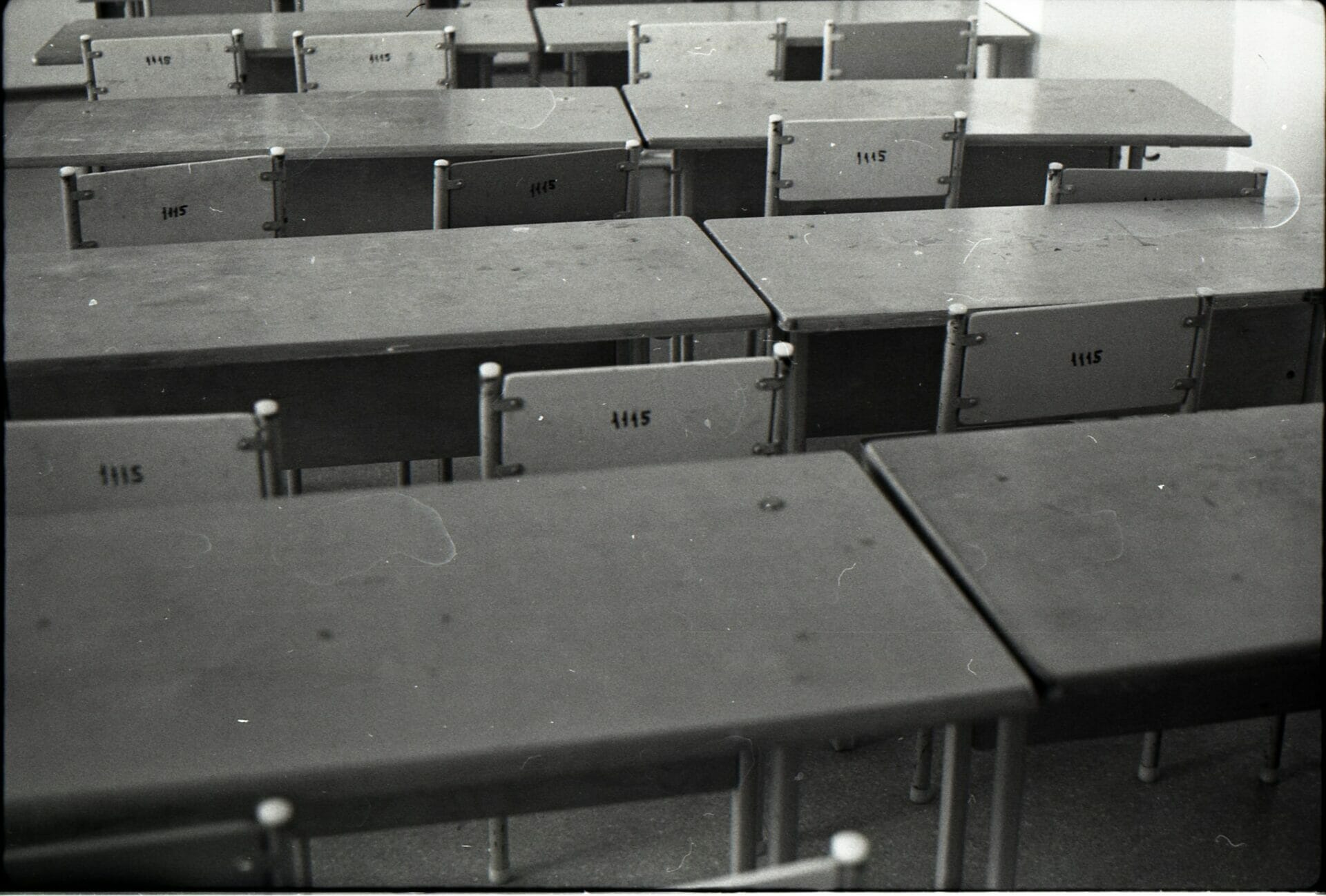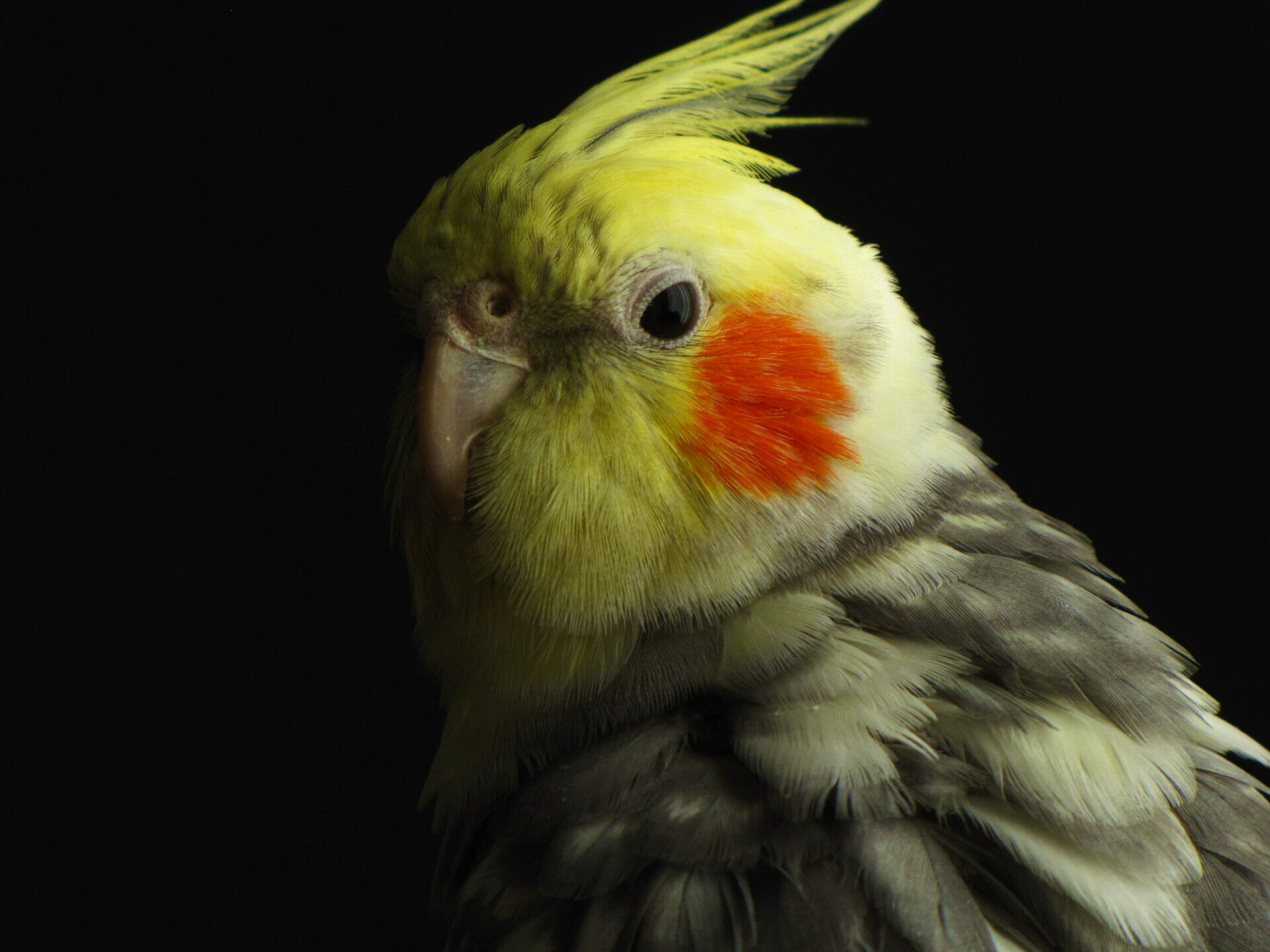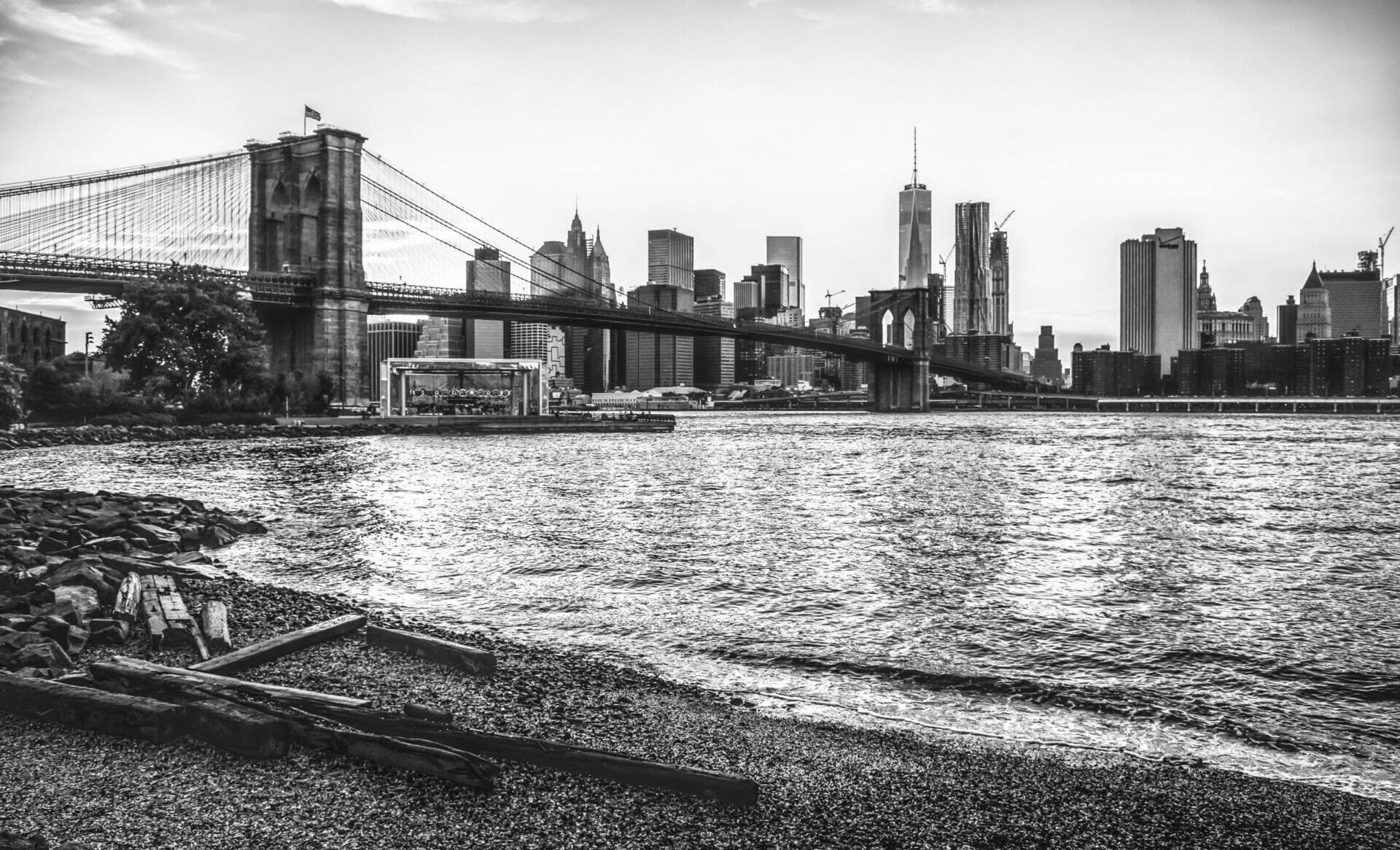
The Topeka School describes a polarized society
Author
Year
Format
Length
Original language
Genre
The Topeka School opens with the image of a winter lake surrounded by dozens of identical villas. All of them are a part of the middle-class side of Topeka, the capital city of the American state of Kansas. The book protagonist’s name is Adam, and he comes from this social milieu.
Adam, who is the alter ego of the author, Ben Lerner, grows up in the town of Topeka with his parents, Jonathan and Jane, who are both psychiatrists. A world-famous research center, the “Foundation”, hired both of them, and the two moved from New York to Topeka before Adam’s birth. The novel’s point of view alternates between these three characters, illustrating the family’s relationships. The book explains through complex and carefully-balanced dialogue the dynamics between Jane, Adam, and Jonathan, or Jonathan and his lover Sama – who is Jane’s closest friend. Like Don DeLillo and David Foster Wallace, Lerner writes a novel that works on several different levels.
A portrait of the 2000s
Adam’s family history is similar to that of the character Otis from Sex Education but in a more dramatic and less ironic way. It is that of progressive liberal intellectuals coming up against the predominantly white bigotry and violence of The Topeka School.
Set in the mid-nineties, it is prescient in the way it describes a polarization of American society, accompanied by violence and degradation of language and communication that was commonplace under the presidency of Donald Trump.
Education to love
Language, for Lerner, can express both hate and love. This last one must be educated. “Love is a school and the school teaches one how to speak but also how to listen to others”, he says in an interview. And language can be a form of estrangement: it expresses a split, even a collapse, like the one that happens at the rhetoric competitions in which Adam is a champion. There, the form and speed of enunciation are more important than the content. In The Topeka School, a derailment of language coexists with the utopian proposition that dialogue and art can make the “impossible thinkable and the unknowable felt”.
Tag
Buy a ☕ for Hypercritic









